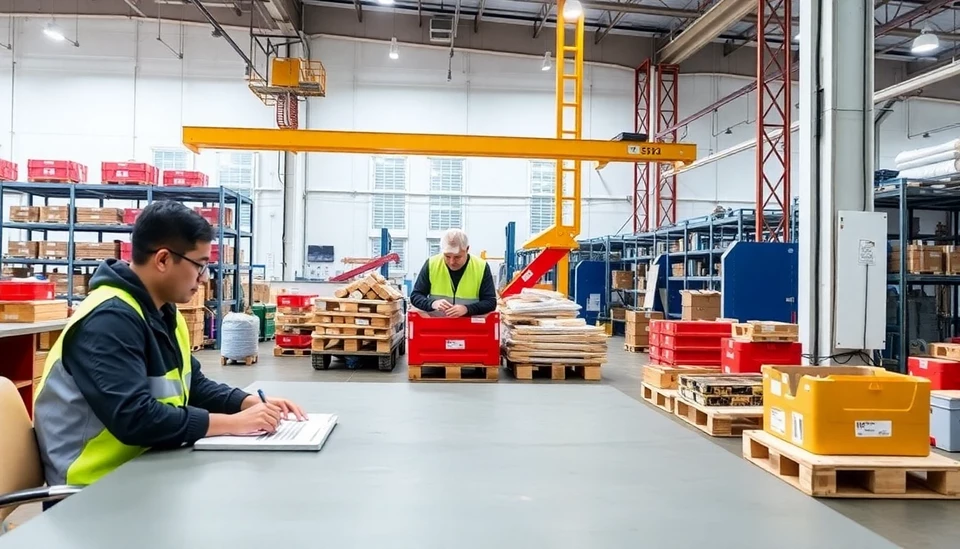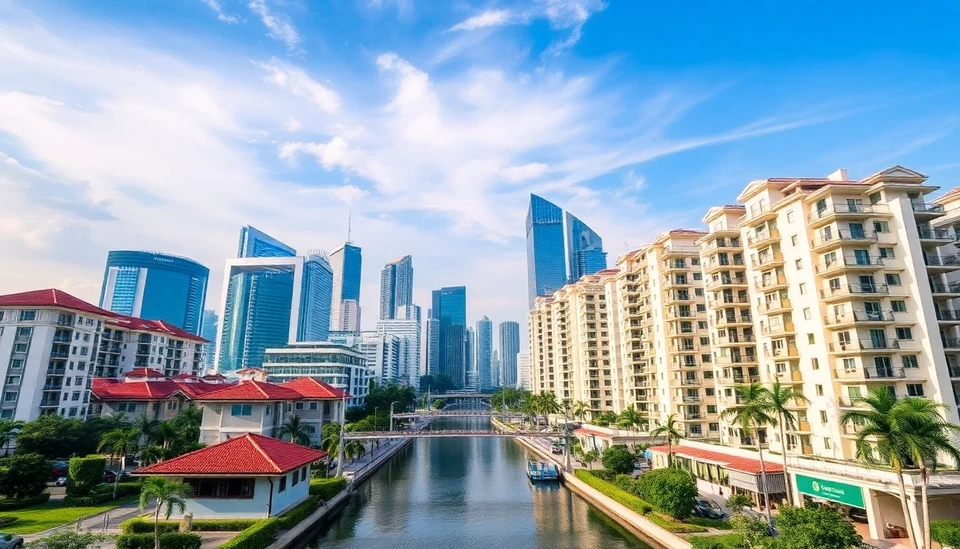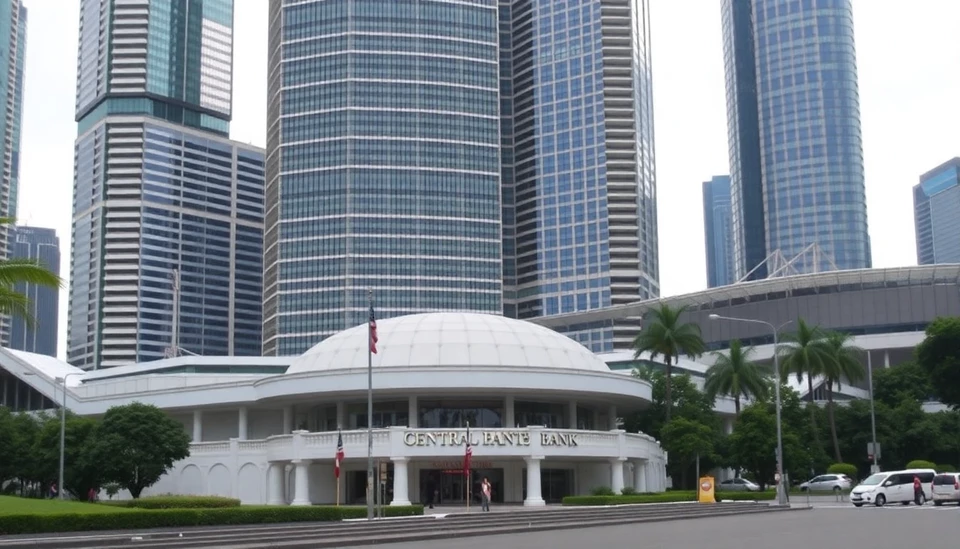
In a significant policy declaration, Singapore's Environment and Water Resources Minister, Grace Fu, has outlined the nation's commitment to enhance its climate action in a bid to combat global warming. Fu emphasized that while Singapore has already made strides in reducing carbon emissions, achieving deeper cuts will hinge upon the development of innovative technologies.
The minister addressed various stakeholders, pointing out that Singapore is already on a path to meet its outlined climate targets. However, she acknowledged that these targets are not sufficient when considering the growing urgency to address climate change. Singapore's current goal is to lower its emissions to 65 million metric tons by 2030, but the minister indicated that more ambitious efforts are necessary to align with global climate directives.
One of the pressing challenges highlighted by Fu is the limited land area available for deploying renewable energy systems like solar and wind. As a city-state, Singapore faces unique geographical constraints that complicate the implementation of traditional clean energy solutions. To navigate this predicament, Fu underscored the importance of investing in advanced energy technologies that could optimize performance and achieve sustainability goals despite these limitations.
Among the technological innovations Singapore is exploring are carbon capture and storage (CCS) systems, which offer a promising avenue for reducing emissions from industrial activities. Fu mentioned that private sector engagement and investment will be crucial in driving this technology forward, suggesting that strong partnerships could facilitate the development and deployment of these solutions.
In the broader context of climate commitments, Singapore has pledged to peak its emissions around 2030 and, by 2050, aims to achieve net-zero emissions. The minister reiterated that these ambitious targets reflect the nation's commitment to the Paris Agreement and its responsibility as a major greenhouse gas emitter in Southeast Asia.
Furthermore, Fu welcomed collaborative efforts with international partners and regional neighbors to enhance climate resilience and promote the exchange of ideas and technologies that can aid Singapore in its sustainability endeavors. She noted that addressing climate change is not a challenge that any single country can tackle alone; it necessitates a collective approach, bolstered by research, innovation, and shared insights.
As part of these efforts, the Singapore government has implemented various policies and initiatives aimed at encouraging businesses and residents to adopt more sustainable practices. These range from promoting energy-efficient building designs to incentivizing the use of electric vehicles. However, Fu maintained that continued dedication to pushing the boundaries of technology is essential for achieving deeper emissions reductions.
In conclusion, as Singapore strives to advance its climate agenda, the government's call for more innovative technology development marks a pivotal point in its environmental strategy. The future will likely hinge on the success of these technological innovations in making the city-state's ambitions more than mere targets.
With a global spotlight on climate action, other nations are likely to watch Singapore's initiatives closely to see if they can replicate similar adaptations to their unique contexts and challenges.
#Singapore #EmissionsReduction #ClimateChange #Sustainability #CarbonCapture #CleanEnergy #Innovation #GlobalWarming #EnvironmentalPolicy
Author: Megan Clarke




